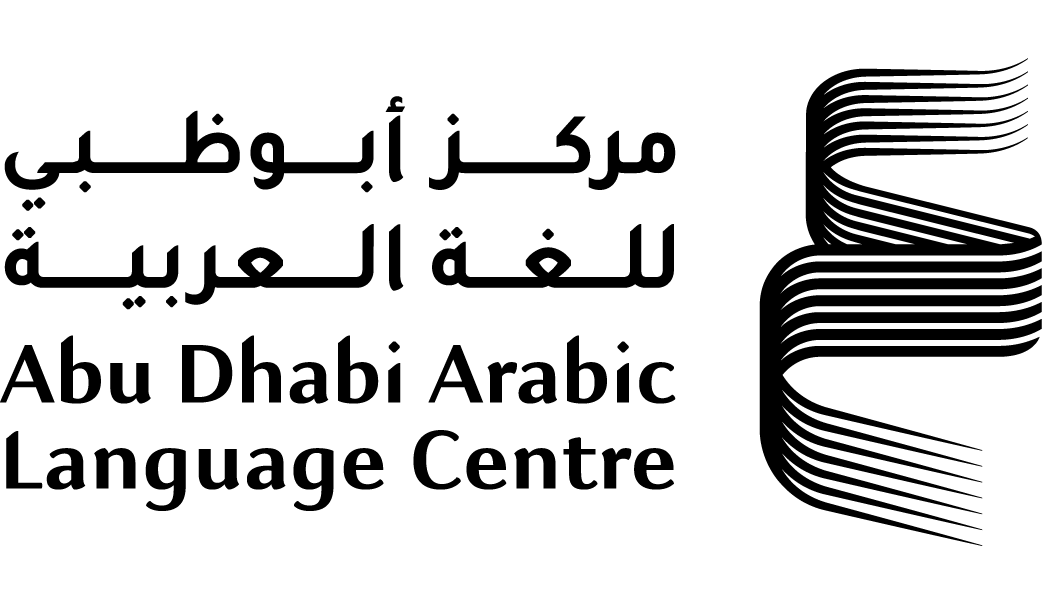The Kalima Translation Project at the Abu Dhabi Arabic Language Centre (ALC) has recently published the Arabic edition of the book "A History of Writing" by Steven Roger Fischer, translated by Rasha Salah Al Dakhakhni and reviewed by Mohamed Fathy Khedr.
The book offers a useful preliminary reading for university students and others who wish to have a general up-to-date overview of writing’s remarkable story. Central to the book’s theme are the origins, forms, functions and chronological changes of the world’s major writing systems and their scripts.
Fischer examines the social dynamics of writing at every stage. Since Homo erectus, hominids appear to have set themselves apart from other creatures by forming societies based on speech. What now distinguishes modern Homo sapiens is a global society fundamentally based on writing. Once the specialised domain of only a few thousands, today, writing is a skill practised by about 85 per cent of the world’s population, some five billion people. The entirety of modern society rests on the foundation of writing.
Most writing systems and scripts that existed are now extinct. Only minute vestiges of one of the most ancient -Egyptian hieroglyphs- live on, unrecognised, in the Latin alphabet in which English, among hundreds of other languages, is conveyed today. In consequence of a series of fortuitous developments, the Latin alphabet has become the world’s most important writing system. Though language’s vehicle, it will possibly outlive most of Earth’s natural languages. How humankind writes today, and its larger significance for the emergent global society, can be better appreciated through an understanding of where writing came from, which is the theme of this book.
Writing captures everyone’s interest. For nearly 6,000 years, each age has embraced this wonder. Today, ancient writing attracts special interest because they allow the past to speak to us in tongues long since extinct. Writing becomes the ultimate time machine. Nevertheless, writing systems and scripts are in a state of perpetual evolution, though much slower than the languages they transmit.
Writing is much more than a "painting of voice", as French philosopher Voltaire put it. It is a powerful tool for communicating human knowledge (the sciences), a cultural medium for society (literature), a means of democratic expression and popular information (journalism), and an art form in its own right (calligraphy), to mention only some manifestations.
Today, writing systems based entirely on electronic communication are rapidly encroaching on what has until now, been the domain of speech-based writing. Computers can "write" both messages and entire programmes between themselves. At the same time, they are elaborating new systems of their own that transcend everything we have understood to be described by the word writing. Even the substances on which writing takes place are metamorphosing: electronic ink on plastic screens, thin as paper, replaced parchment. Writing evolves as humanity itself evolves; it is a gauge of the human condition.
"A History of Writing" was authored by New Zealand linguist Steven Roger Fischer, the Director of the Institute of Polynesian Languages and Literature in Auckland, New Zealand, and was elected a fellow of the Royal Society of New Zealand in 2010. Fischer has authored more than 150 books and articles on linguistics and is frequently cited for his contributions to deciphering ancient texts. His works include "A History of Language", and "A History of Reading", the latter of which was also translated to Arabic and published by the Kalima Translation Project.
The book was translated into Arabic by Rasha Salah Al Dakhakhni, an Egyptian translator who graduated from the Department of English Language and Literature at Cairo University in 2006. She obtained a Professional Diploma in Legal and UN Translation from the American University in Cairo in 2013. Throughout her professional career, Al Dakhakhni collaborated with several Egyptian and Arab publishing houses. She recently won the 2023 Youth Award for Translation from Egypt’s National Center for Translation for her work on "The Company of Strangers: A Natural History of Economic Life".
![alc-default-cursor]()

